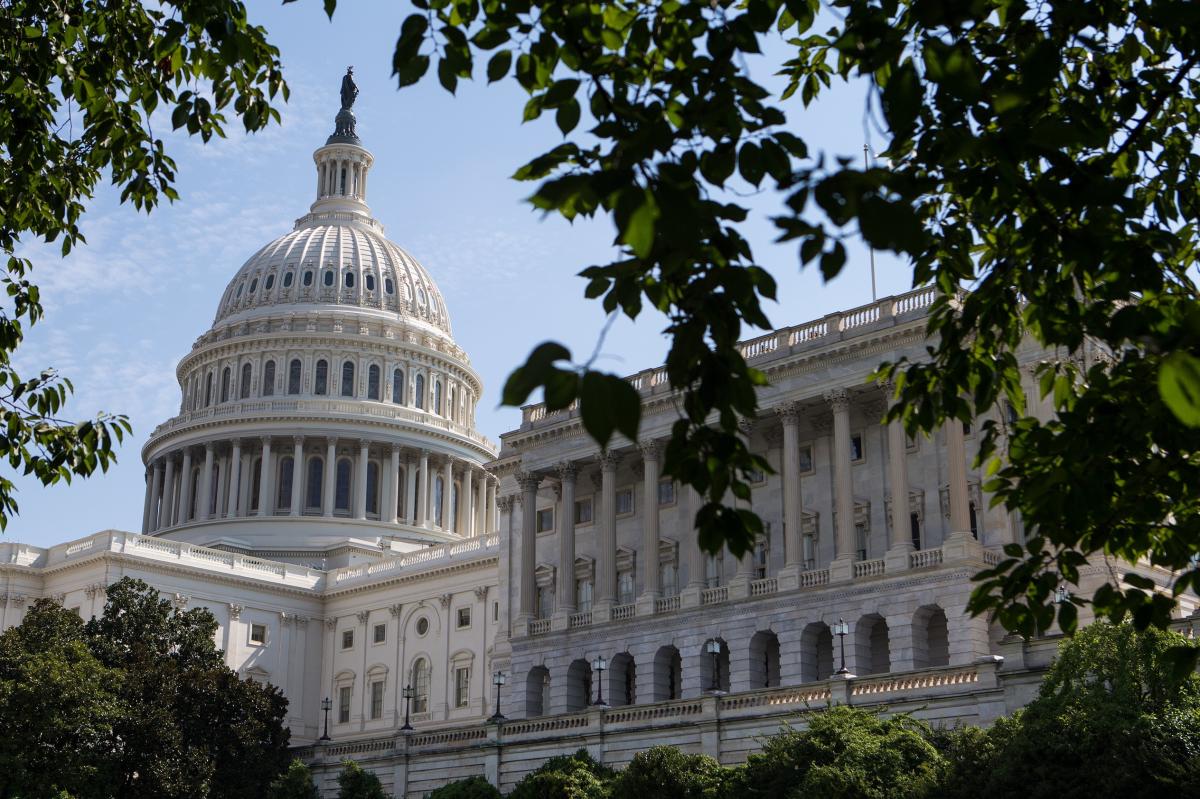
(Liam James Doyle/NPR)
President Joe Biden has declared January 9 a National Day of Mourning for the recent passing of former president Jimmy Carter at age 100.
Carter served one term as president and was trounced in his reelection bid in 1980 by Ronald Reagan. But Carter went on to become a beloved former president who won the Nobel Peace Prize in 2002 and built homes for Habitat for Humanity.
Among the last places Carter visited for Habitat for Humanity was Mishawaka and South Bend, Ind., in 2018.
Read More: Indiana leaders remember Jimmy Carter for his humanitarian work
During his presidency, Carter presided over a poor economy and a failed rescue of American hostages in Iran. He also won a historic agreement between Israel and Egypt known as the Camp David Accords. Carter’s Nobel Prize was for his work for international peace.
This week on Noon Edition we’ll talk with Indiana historians to get their insights on Carter’s presidency and his impact on U.S history.
Guests:
Kathryn Brownell, Associate professor of history at Purdue University
Jim Williams, President & CEO at Habitat for Humanity of St. Joseph County
Marjorie Hershey, Professor of political science at Indiana University
Meredith Evans, Director of the Jimmy Carter Library and Museum






